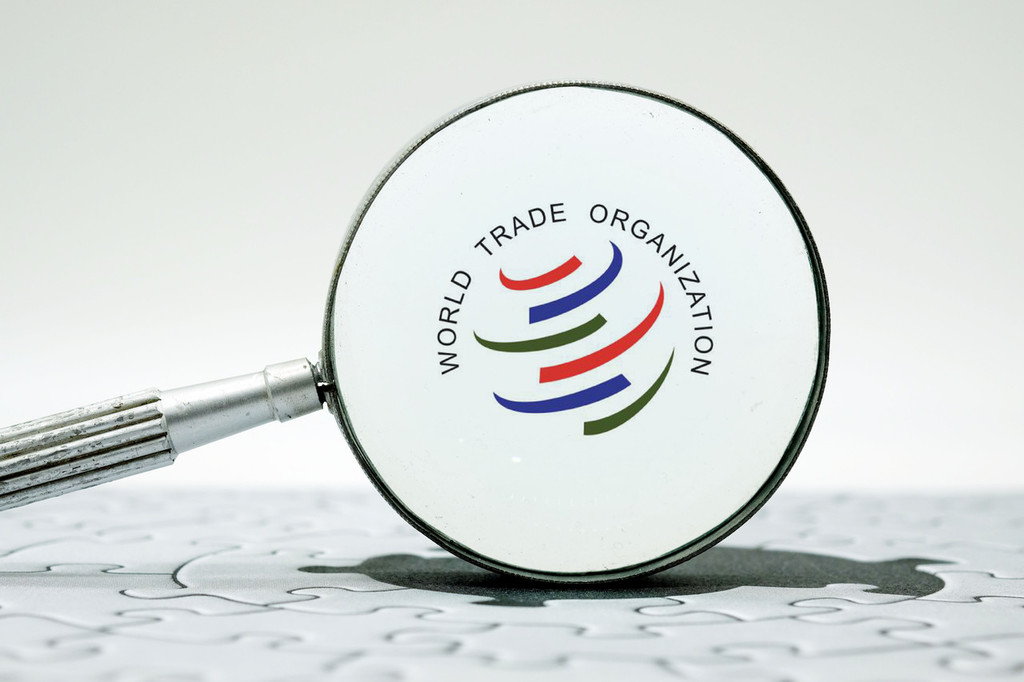China's status as a developing country beyond any doubts
By Yu Chunhai | China Daily | Updated: 2019-09-10 07:10

The World Trade Organization's mission is to promote the sustainable development of economies using multilateral trade rules. But the capacity of different economies is different when it comes to participating in multilateral trade negotiations and making multilateral trade rules. Also, since many economies may be unable or unwilling to participate in such negotiations or in the making of such rules, the multilateral trade system could be undermined.
Besides, whether an economy can benefit from the multilateral trade system depends on its own conditions including economic structure and technological level. Ignoring such differences among economies will result in unfairness, which would go against the original intention of the WTO.
Developing countries lag behind developed countries not only in production and income levels, but also in other economic spheres. Since the multilateral trade system acknowledges the differences in the development levels of different countries and regions, its aim is to promote the development of developing economies.
That is why granting special and differential treatment for developing countries is the basic principle of the multilateral trade system. In turn, the special and differential treatment helps developing economies to better integrate with the global economy and promote sustainable development.
Yet there are no WTO definitions of developed or developing countries, because development is a multidimensional issue involving many factors. WTO member states announce for themselves whether they are developed or developing countries.
The United Nations uses about 100 indexes to calculate sustainable development and its progress. And under the WTO framework, the developing country status brings certain rights; for example, some WTO agreements provide developing countries with longer transition periods and technological assistance before they are required to fully implement the WTO agreements.
Recently, some developed countries, especially the United States, have questioned the WTO rules to "identify" a developing country and threatened to deprive some WTO members of their developing country status according to their own laws and rules. What the US is demanding, however, goes against the WTO's basic principle of consultation and reaching a consensus. The US' threat is a typical example of unilateralism, which undermines the development of the multilateral trade system.
Simple economic and trade indexes can hardly define a country's development level. Even when considering these economic and trade indexes, we ought to focus on the per capita index rather than comprehensive indexes because the former determines whether an economy is developed or developing.
Over the past few decades, developing countries have made great achievements on the socioeconomic development front. Yet they lag behind developed countries in many areas, especially per capita GDP and income. The White House's memorandum on reforming the developing country status identifies China as a developed country considering its aggregate indicators such as GDP. But China's per capita GDP ranked 73 in the world in 2018 according to the International Monetary Fund, which is lower not only than those of developed countries but also the global average.
True, China has made remarkable achievements in eliminating poverty. But at the end of last year, China still had 16.6 million people living in poverty.
From 2001 to 2018, China's permanent urbanization rate increased from 37.7 percent to 59.6 percent, which is only the average global level and far below the average level of 80.3 percent of developed countries. And although only 26.8 percent of China's population was employed in the agriculture sector in 2018, the figure is much higher than the 4.6 percent for OECD countries.
These economic indexes reveal an obvious gap between China and the developed countries. And the gap may be even wider when it comes to social indexes.
The gap limits developing countries' involvement in the global economy and undermines their sustainable development efforts. So it is in the interest of the global economy that the established WTO rules to determine developing country status be followed.
The author is a professor of economics at the Renmin University of China. The views don't necessarily represent those of China Daily.
























